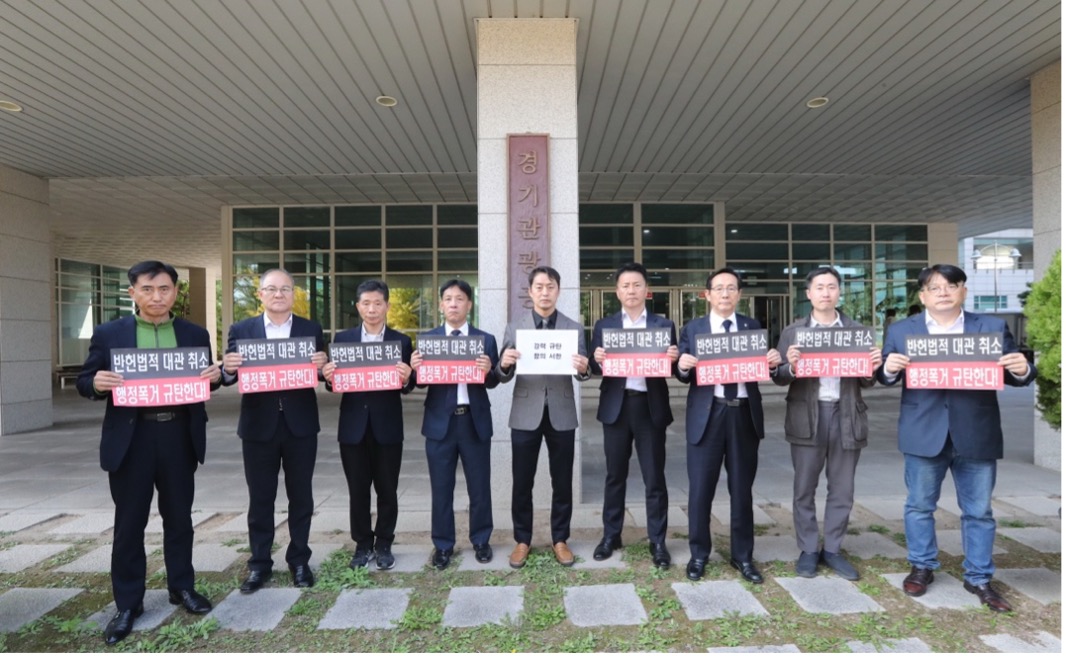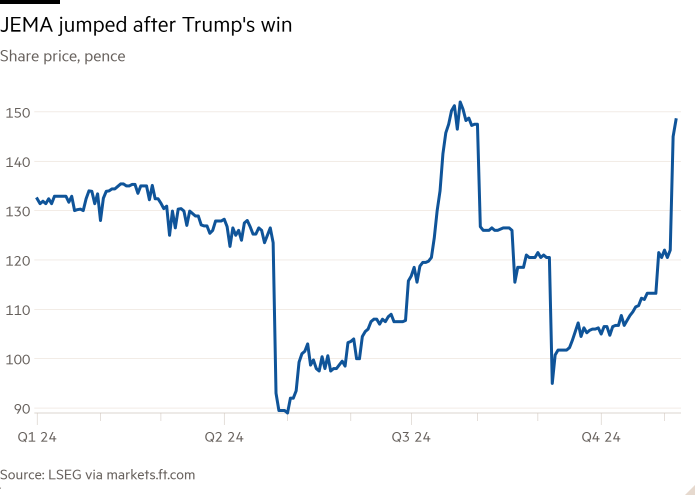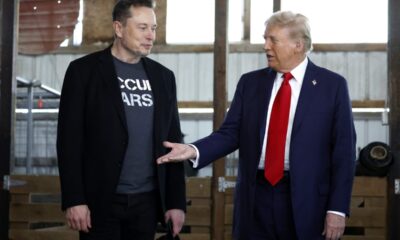The German car industry has long been seen as a metaphor for the state of Europe’s largest economy. The recent announcement by Volkswagen, the country’s biggest carmaker, that it plans to close plants and lay-off workers, has quickly become a symbol of Germany’s current political and economic malaise — and its ever dimming future.
Volkswagen — founded by the Nazis, later a symbol of Germany’s postwar economic miracle — is no stranger to scandal and strategic mis-steps. Its corporate misbehaviour, manipulating exhaust data in the diesel scandal, and then its shortsighted neglect of electric cars, now provides a case study of how everything German messed up. The German legend has become a German albatross.
The car industry plays a central role in Kaput, Wolfgang Münchau’s eloquent and comprehensive deconstruction of the German model. “I am not peddling a conspiracy theory when I say that the car industry is running Germany,” is his dramatic verdict on the impact of the automobile. And, “when the industry starts to decline, so will the country.”
As if on cue, since the book went to press, Intel’s plan to build a semiconductor facility, in eastern Magdeburg, subsidised by the German taxpayer to the tune of €10bn, stalled because it involved building the wrong kind of semiconductor. In the western Saarland, a semiconductor factory planned by Wolfspeed and the German automotive supplier ZF has also been postponed. Now the German export economy faces a renewed onslaught from a second Trump administration, and the government too is tearing itself apart with disputes about the right economic response. The bad news keeps on coming.
Münchau, a former FT columnist, paints a picture of an economy, political system, and society dysfunctional to the point of being terminally broken, ie kaput. Germany faces a choice, but is unable to summon the political and intellectual resources to make any decisive response.
This extends beyond the boardroom and factory floor. After Russia’s full-scale invasion of Ukraine shook all the assumptions of the old German foreign policy, Chancellor Olaf Scholz announced a complete rethink of his country’s basic model to suit a new age of geopolitics. It was, Scholz proclaimed, a Zeitenwende, or epochal turning point. Münchau is rightly sceptical and sees that as mostly rhetorical, smoke and mirrors.
His tale is entertainingly interspersed with personal stories of inadequacies, from poor or absent mobile telephony capacity, the anti-technical bias of school education (and more generally of German culture), the lagging universities, the unwieldiness of public bureaucracy, and a poor capacity to make use of the resources and skills brought by immigrants.
Münchau starts with “dodgy banks,” including another German icon, Deutsche Bank, but also the once powerful state-owned banks (“a slush fund to circumvent taxpayers”), then takes an automobile drive (taking in along the way “friends of Gerhard”, a clique of business pals of the former chancellor), before excoriating economic appeasement of Russia and China. Angela Merkel’s neo-mercantilism, when German exports “took off like never before,” provided an export vent to compensate for low investment during her 16-year chancellorship. The notorious debt-brake that limited public expenditure, including investment, has now become the cause of the collapse of the coalition government.
Although Schröder is lacerated, and Merkel mocked, no political figure emerges unscathed from Münchau’s diagnosis of a truly systemic problem. Thus “Neo-mercantilism is not a policy. It is a system. And everyone in Germany was supporting it.” Economic interests shaped the political culture, and no political party escaped, or could escape.
The two major political parties, the Christian Democrats and the Social Democrats, are equally guilty. The small, liberal Free Democratic party is obsessed with a fiscal rule that restricts public investment. Meanwhile, the Greens drove a senseless push to exit clean atomic energy that left Germany more dependent on carbon energy and on dirty coal. Nobody questioned the basic industrial model.
And Germany, Münchau argues, is ruining the EU. At the moment when Mario Draghi, the former ECB head, produced an important report on European competitiveness that emphasised, as does Münchau, the need for a capital markets union, Berlin pushed back ferociously against the attempt of the Italian bank UniCredit trying to take over Germany’s second-largest lender, Commerzbank. A new German hostility to technology is poisoning EU strategy, notably in AI regulation, where the EU is “delusional to think of itself as a global regulator in an area in which it has no experience”.
What an indictment! Yet Germany was once a model, in the 19th century when it dominated scientific and industrial advance, but also recently when a commitment to workers’ rights and job security looked more appealing than the ruthless US version of capitalism. In the wake of the 2008 financial crisis, John Kampfner’s Why the Germans Do It Better (2020) gave us an overly rosy analysis of how the postwar wunderkind had grown into a mature country, with a harmonious corporate model, good labour relations, an appreciation of leisure and a high degree of tolerance. That was only a few years ago, but now everything appears changed.
What has gone wrong has an economic root, but is above all the product of a long-term political culture. The economic cause is the same story as the past triumphs when a focus on high-quality engineering was exemplified by the automobile. Improvements occurred through incremental tweaks, not through radical rethinking. There was no Schumpeterian creative destruction.

Not all the German story is as bleak as Münchau suggests. Is terrible industrial devastation always needed for rebirth and new development, or does incrementalism have some role? An often reported story, not presented by Münchau, takes the case of BioNTech’s miracle mRNA vaccine that is now being applied to the treatment of common cancers. BioNTech’s entrepreneurs were Uğur Şahin, born in Turkey, whose father came to Germany to work in the Ford automobile works, and his wife Özlem Türeci, born in Germany, to a surgeon of Turkish origin.
Despite the rise of the radical right Alternative for Germany party, which is not likely ever to be in power at the federal level, and notwithstanding horrifying incidents of political violence, most of Germany is still a civilised and decent place to live. There are still areas of scientific excellence; and also areas where immigrants play a transformative role.
It is also difficult to imagine a large advanced industrial country that might serve as a better model. Britain or the US, with deeply dysfunctional politics? The Volkswagen story has a neat parallel in the travails of the American icon Boeing.
And ultimately, what will happen to Germany? The model of focusing on powerful export industries is German, but as Münchau acknowledges not uniquely so. This is the story of Japan, but also of modern China, and China is becoming the testing ground for the German model. China is replacing Germany, as the world’s manufacturing and export dynamo, because it was able to leapfrog to new technologies, notably in electric vehicles. There is also political capture there, leading to a neglect of new technologies.
What happens when the growth models collapse? Japan after the bubble burst in the 1990s, with an ever more striking ageing problem, had very slow growth, but no political or social, let alone a civilisational collapse. It still plays an important foreign policy role, and it still leads in some areas of design. Maturing is not the same thing as sudden death. A future Münchau may write a parallel analysis of Chinese stagnation, where the political fallout is likely to be much more destructive. The EU provides a protective framework for a broken wunderkind, and there is dynamism elsewhere, notably to the north and to the east, where the likes of Denmark and Poland have become the new economic exemplar.
Kaput: The End of the German Miracle by Wolfgang Münchau Swift Press £20, 256 pages
Harold James is the author of ‘Seven Crashes: The Economic Crises That Shaped Globalization’
Join our online book group on Facebook at FT Books Café and subscribe to our podcast Life and Art wherever you listen




































































































































































You must be logged in to post a comment Login